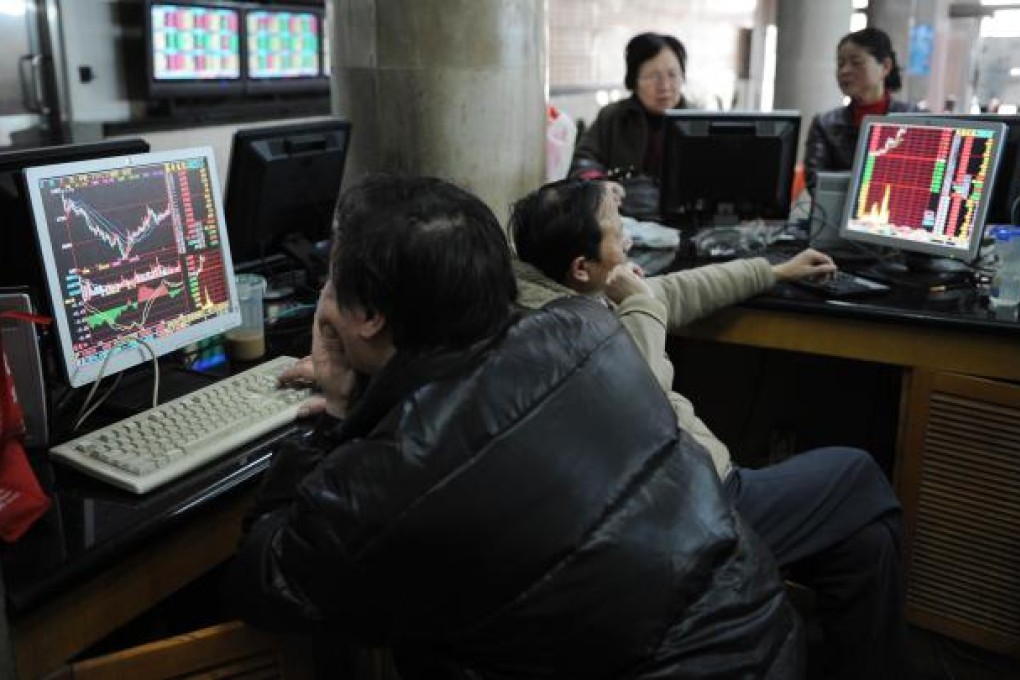Opinion | Shanghai's international board still years away
The latest comments from a securities official indicate a proposed international board in Shanghai won't launch for at least three years or more.

After writing just last month about the endless delays for Shanghai's long-awaited international board, we're getting new indications of a prolonged wait for the launch of this new stock exchange that would let overseas firms sell their shares to domestic Chinese investors. Anyone hoping for a launch of the board anytime soon will be deeply disappointed to learn the latest signals pointing to a debut in 2015 at the earliest and most likely much later.
But then I read a few paragraphs further into the report, where Ouyang Zehua, head of the securities regulator's Securities Listing Department, said the necessary modifications of existing rules could take another 2-3 years to complete. The report added that the latest word from the China Securities Regulatory Commission (CSRC) is that there is no firm timetable for the launch of the new board.
Frankly speaking, I'm starting to wonder if China really ever intends to launch this international board, as these latest comments seem to indicate securities regulators and Chinese lawmakers are fast losing interest in the concept. The original idea was quite simple, with an aim of allowing foreign companies that did big business in China to list their shares in Shanghai.
Beijing has halted most new listings in Shanghai and Shenzhen for months now in an effort to support the country's weak stock markets, which were two of the world's worst performers last year. This kind of IPO freeze is relatively common in China, and was believed to be a major factor behind the delays in the launch of the international board that has been in "finalisation" stages for nearly three years now.
